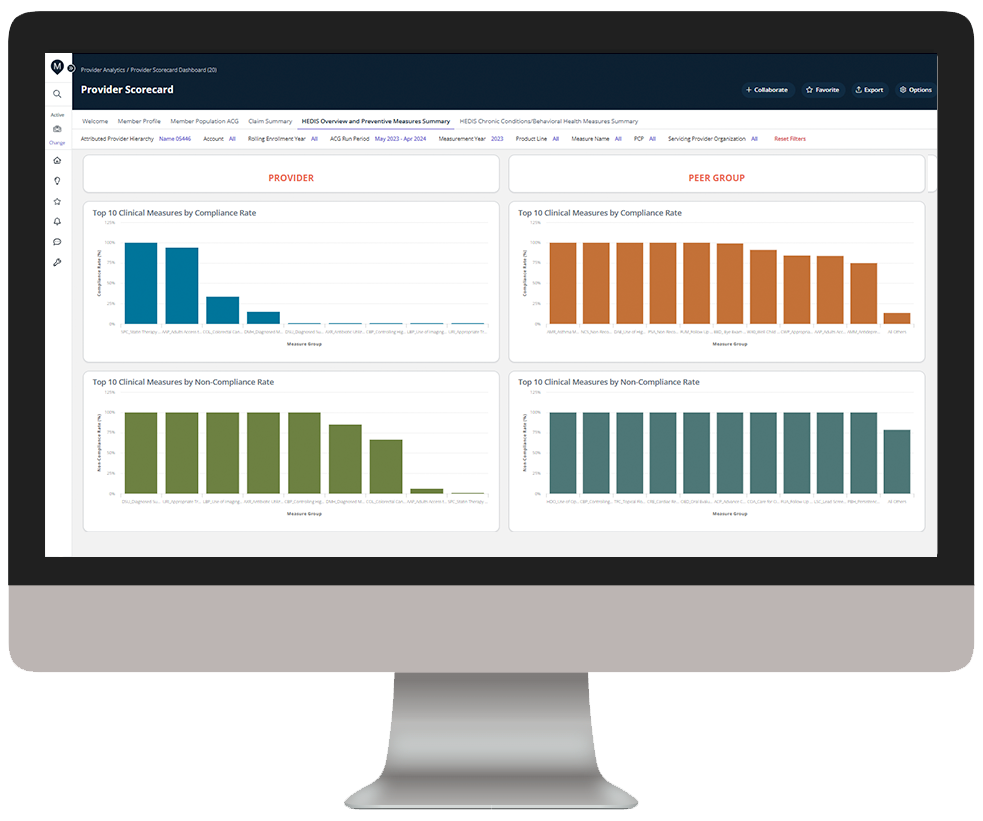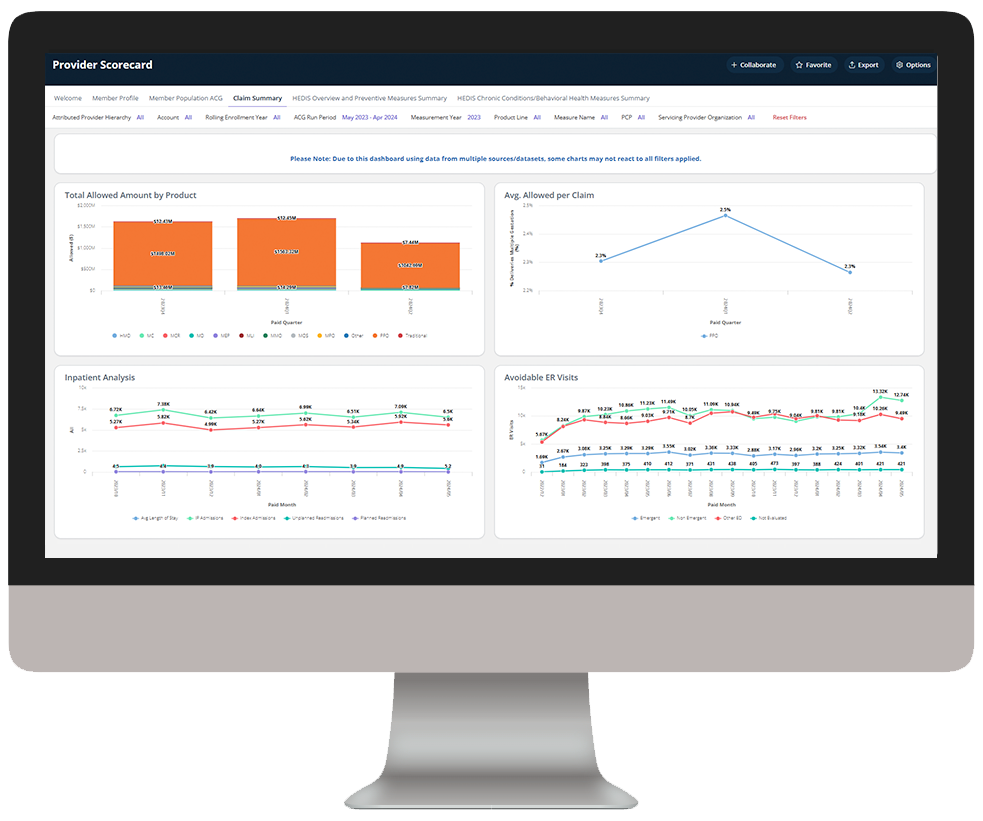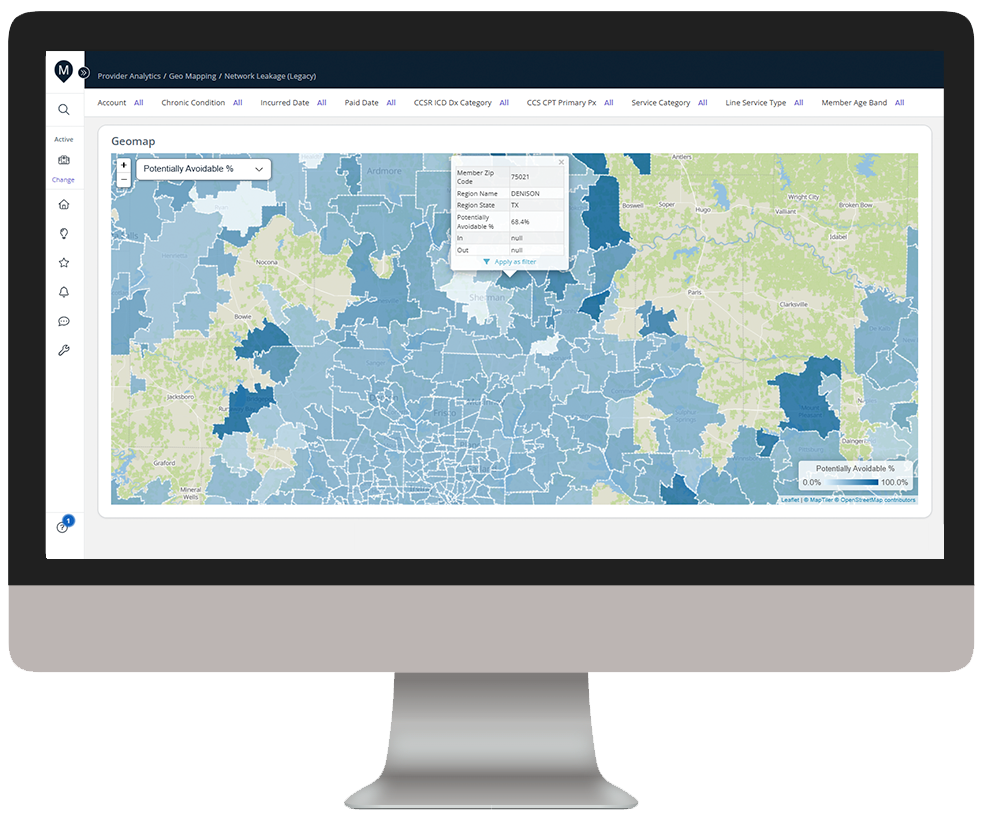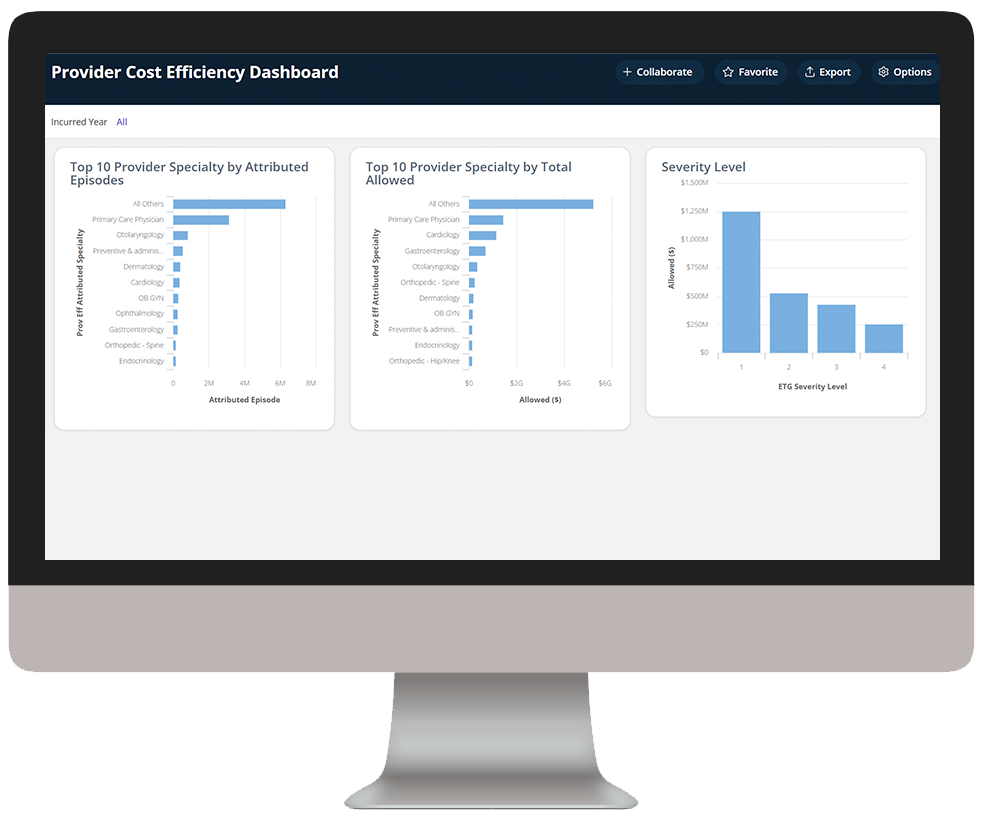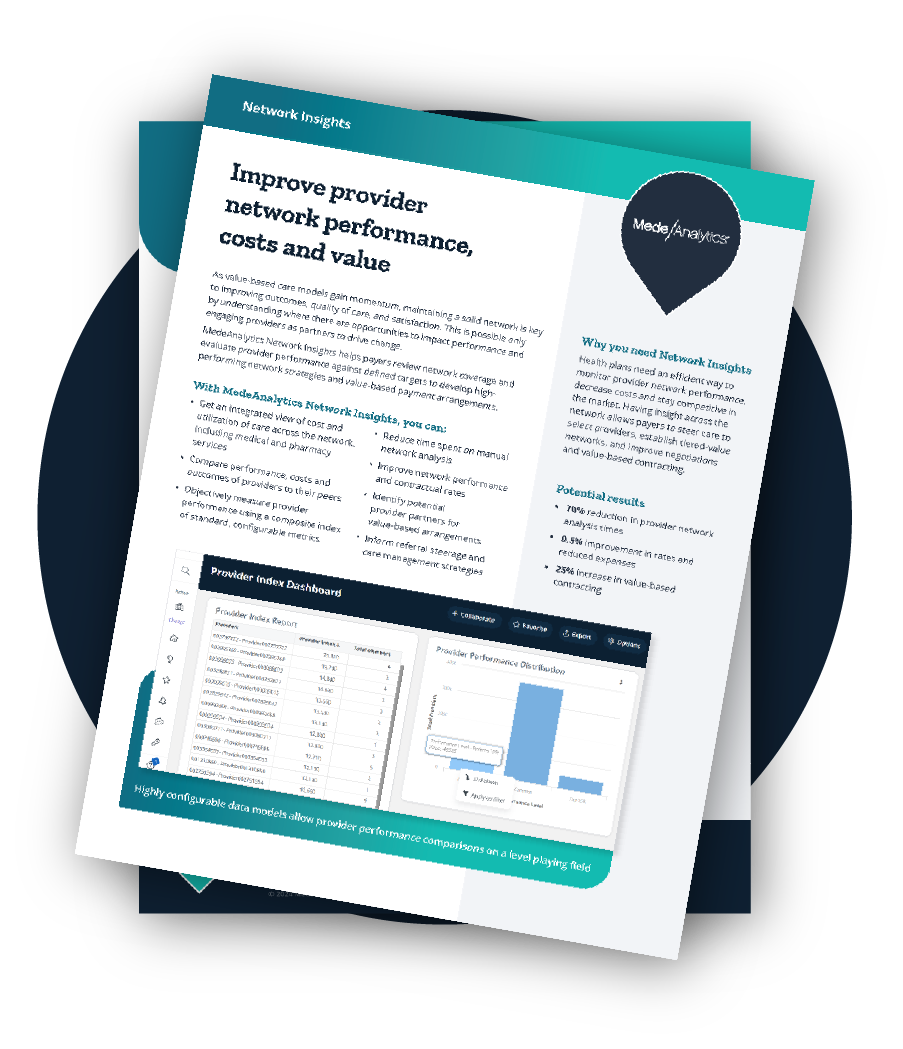
Network Insights
Monitor member coverage and provider outcomes to create high-performing provider networks
Executing network and provider performance analyses has historically been a very manual, time-consuming process with variable results. With value-based payment models expanding and focus on outcomes increasing, this method of monitoring is becoming obsolete. Smart health plans are replacing the manual work with automated, self-service analytics engines that offer an integrated view on network performance, provider patterns, cost of care and utilization trends.
Delivering comprehensive analytics solutions to strengthen your network
Challenge
Solution
Manual provider analysis processes consume significant time and resources unnecessarily
Challenge
Solution
Struggle to engage providers in performance improvement initiatives
Challenge
Solution
Difficulty adapting to value-based payment arrangements
Analytics in action
Our intelligent platform and intuitive user interface make it easy to unlock the value of your data. In as little as three clicks, we bring meaningful insights, powerful visualization, and analytics innovation to help you make an even bigger impact at your organization.
As you click through our example dashboards, hover over the image to explore a few key features.
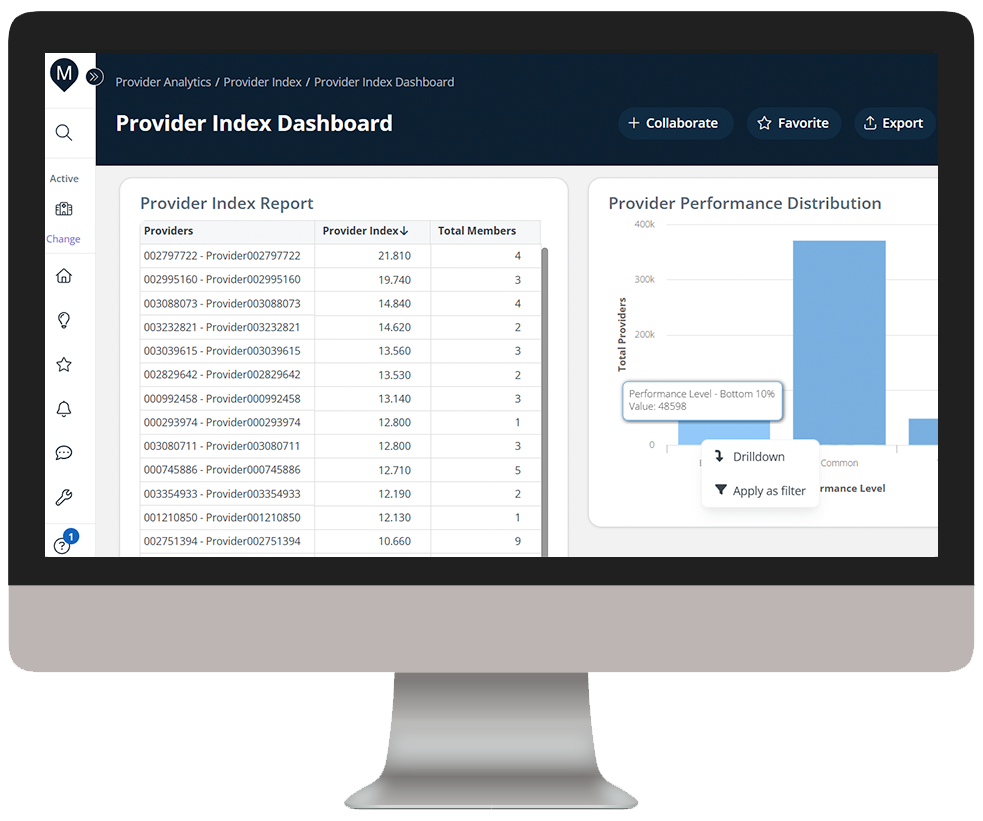
Compare provider performance against his/her peer group for the same measures
Drill down into provider details to identify performance improvement opportunities
Dive deeper into Network Insights
Download the data sheet to see how you can deploy Network Insights to build a strong network of the highest-performing providers.
Get our take on industry trends
Why Healthcare Should “Double-Down” on Exploring AI-powered BI for Reporting
Many areas in healthcare rely not only on the collection of data but, importantly, the ability to decipher and act upon it. In that intersection, reporting was born.
Read on...Why Health Plans and Employers Need Stop Loss Reporting
Due to rising healthcare costs and the Affordable Care Act removing the ban on capitated benefits coverage, numerous employers with self-insured health plans often purchase stop loss coverage. This coverage is not medical insurance; but rather, it’s a financial and risk management tool that protects the employer from excessive claims.
Read on...Bridge the Payer/Provider Data Gap
Every patient has a plethora of data associated with their health record, which can include decades of enrollments, claims, accounts and charges. Much of this data is not housed within the same institutional, facility or provider database…
Read on...Digging deeper: Leveraging analytics to boost service line profitability
Regardless of the size of the hospital or health system, you need to look beyond traditional operational metrics to fully understand your organization’s performance. Insights into revenue, volume, cost, quality and variation across service lines are key to improving both performance and profitability.
Read on...Want to talk with one of our experts?
Payer Value Analytics: Our full lineup of payer solutions
Everything you need to step into the future of healthcare and drive real change across populations.

Quality Insights
Activate insights into population health and quality to improve satisfaction and outcomes for members and maintain a competitive position in the market.
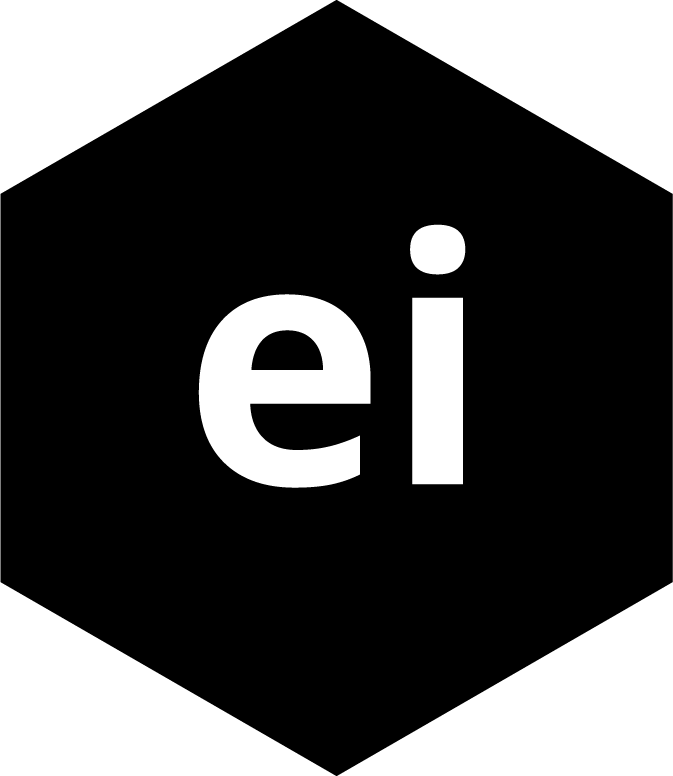
Employer Insights
Elevate data sharing with employer groups to demonstrate plan value and increase efficacy of risk stratification and care management plans.
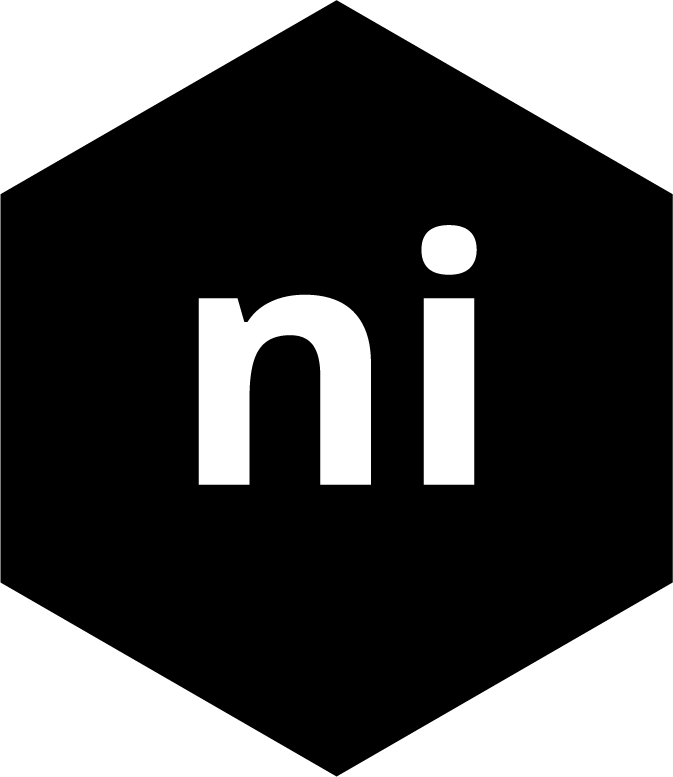
Network Insights
Accelerate provider performance with evidence-based outcomes comparisons, cost-effectiveness analyses, and extensive segmentation capabilities.
